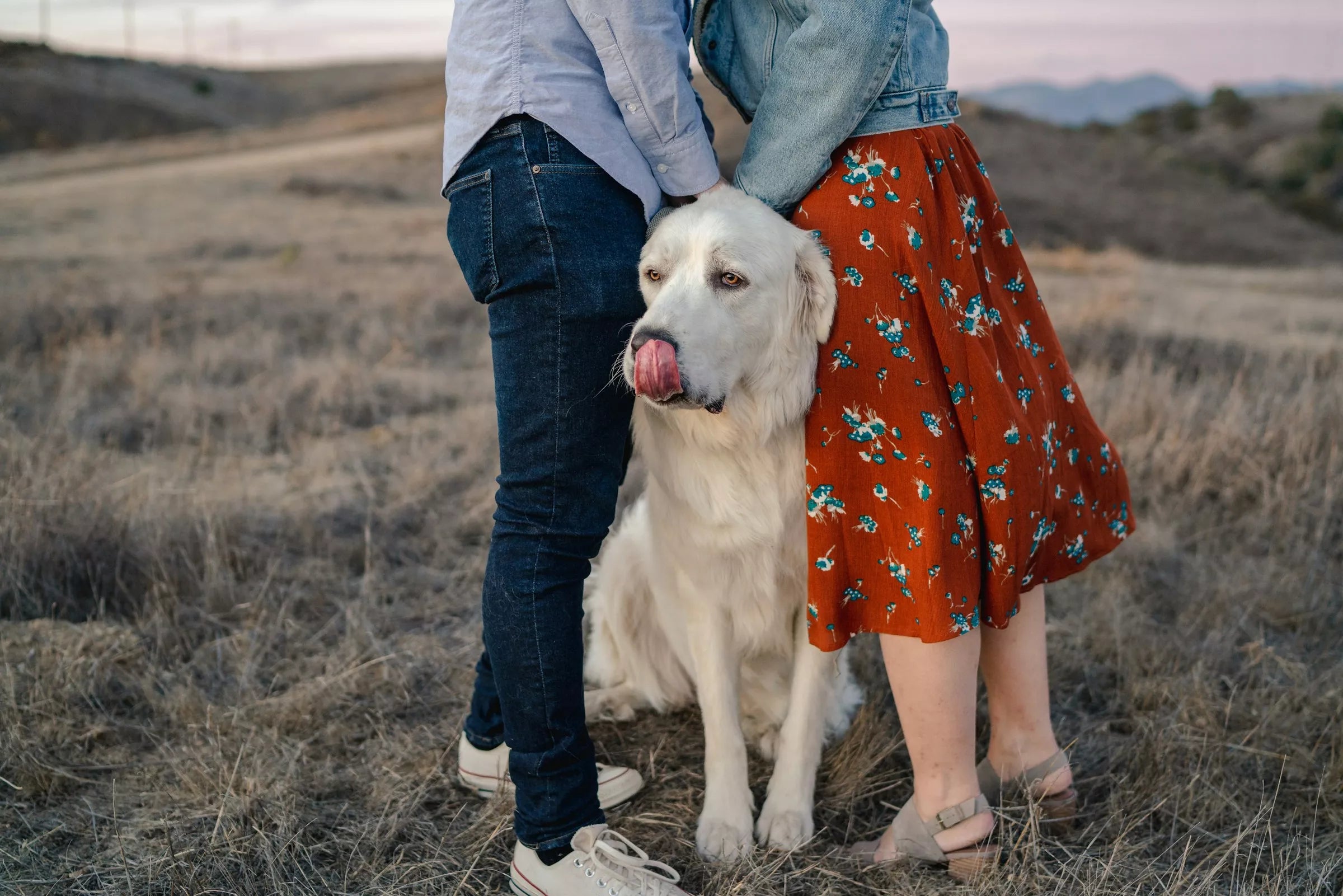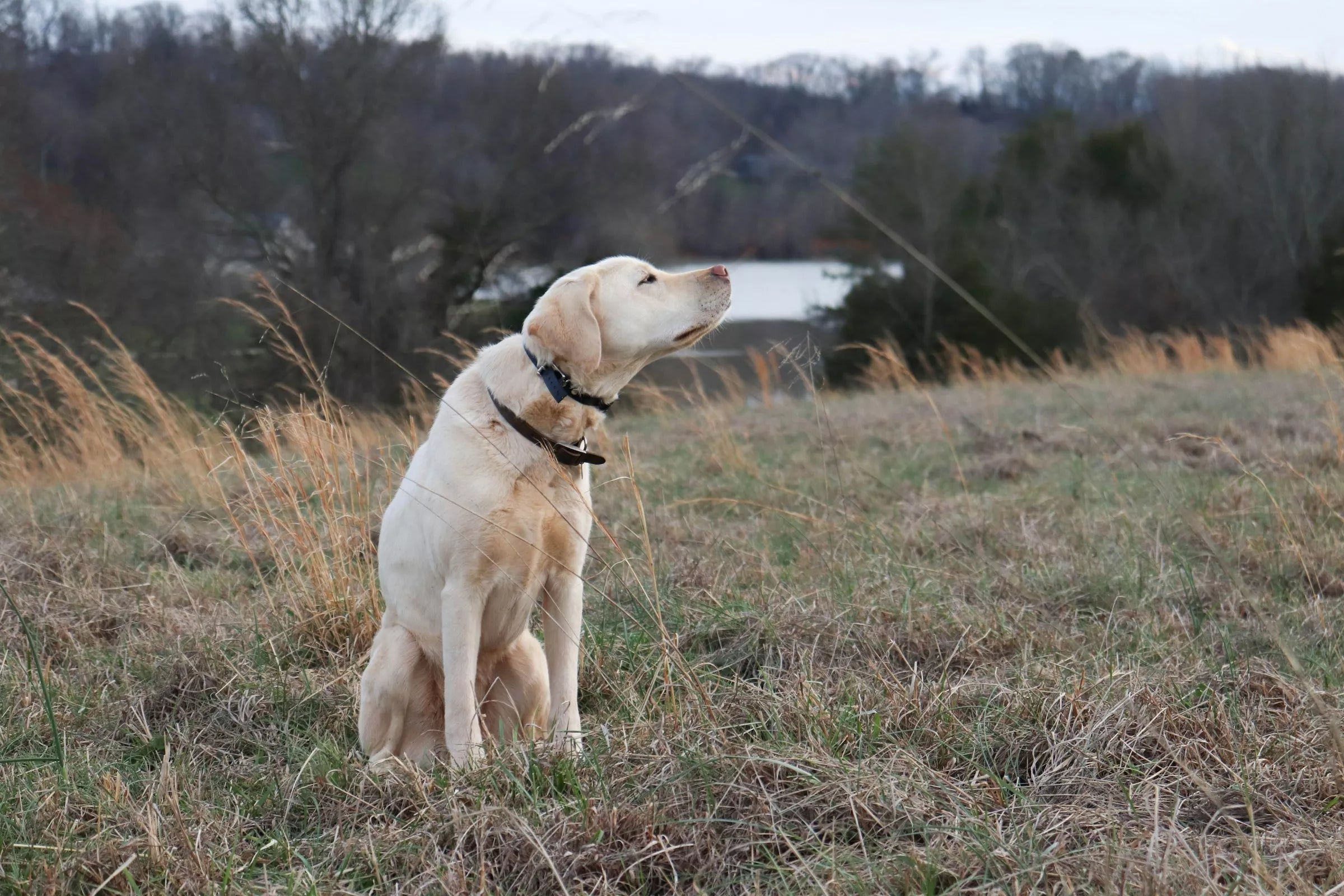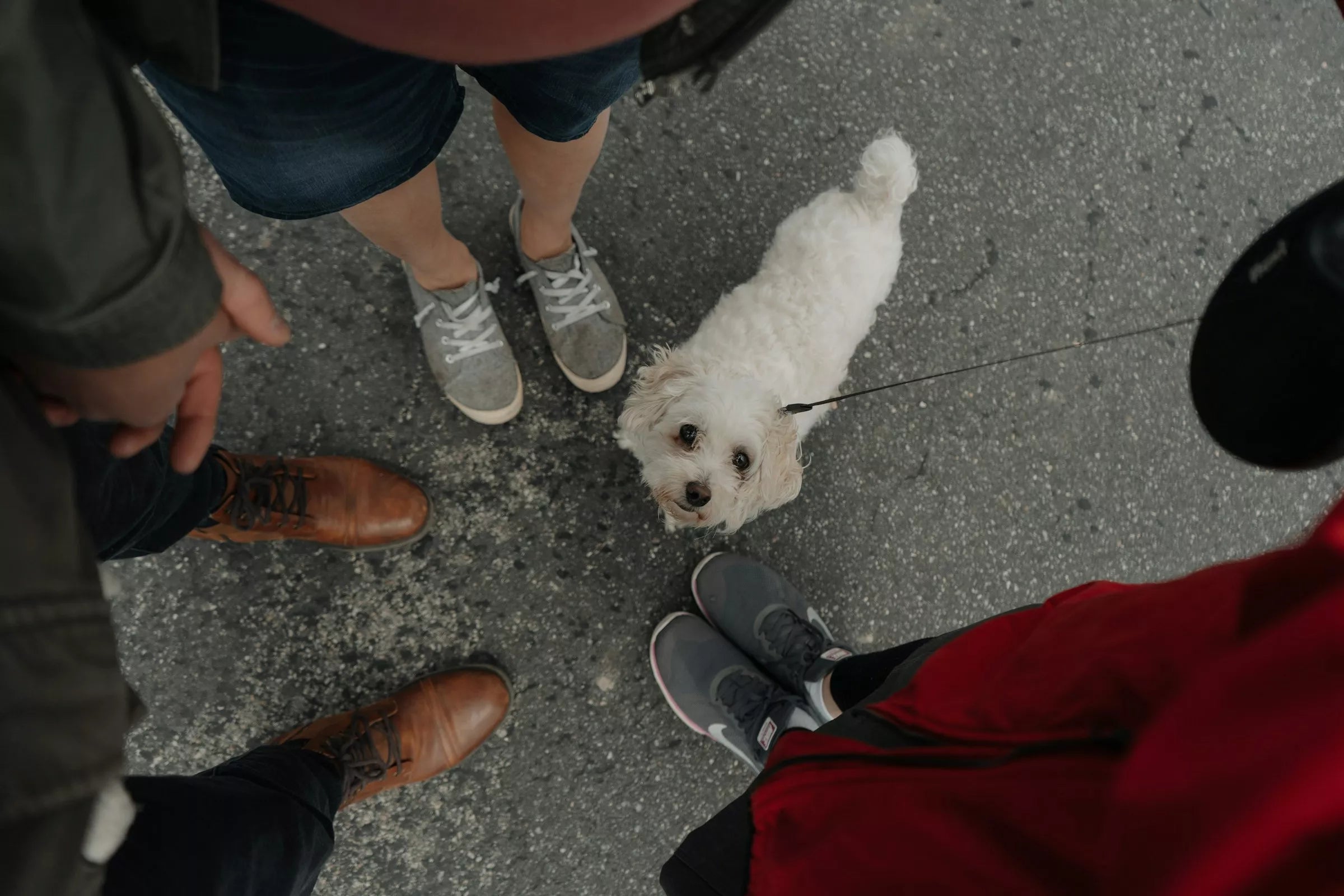Introduction
Adopting a senior dog can be one of the most rewarding experiences for any dog parent. Whether you're looking for a calm companion or a seasoned friend, senior dogs bring a unique blend of wisdom and affection that enriches your life in countless ways. Let's dive into the many benefits of welcoming an older furry friend into your home.
Understanding Senior Dogs
Definition of a Senior Dog
A senior dog is typically defined as a dog that is seven years or older, though this can vary depending on the breed and size of the dog. Larger breeds tend to age faster than smaller breeds, meaning a Great Dane might be considered a senior at six, while a Chihuahua might not reach that status until around ten.
Common Misconceptions
Many people believe that senior dogs are in shelters because they have behavior problems or health issues. However, this is often not the case. Senior dogs end up in shelters for various reasons, such as the passing of their previous owner or changes in the owner's life circumstances. They are often loving, loyal, and ready to become part of a new family.
Emotional Benefits
Instant Companionship
One of the greatest joys of adopting a senior dog is the instant companionship they offer. Senior dogs are typically past the boisterous puppy stage, making them perfect for dog parents who prefer a more relaxed and steady presence. They quickly adapt to new environments and provide comfort and companionship right from the start.
Unconditional Love
Senior dogs have a remarkable capacity for love. Having experienced life, they seem to understand the value of a loving home and reciprocate with boundless affection. Their gratitude and loyalty can be deeply moving, creating a strong, emotional bond between you and your new furry friend.
Behavioral Advantages
Trained and Well-Mannered
Most senior dogs come with basic training and good manners. They are often house-trained and understand basic commands, saving you the time and effort required to train a young puppy. Their previous experiences make them easier to manage, ensuring a smoother transition into your home.
Lower Energy Levels
Senior dogs generally have lower energy levels compared to their younger counterparts. This makes them ideal for dog parents who may not have the time or energy for long, vigorous exercise sessions. A leisurely walk and some playtime are usually sufficient to keep them happy and healthy.
Health and Wellness
Senior Dogs' Health Needs
While senior dogs may have specific health needs, these are often manageable with regular vet visits and a good diet. Many senior dogs are perfectly healthy and can live many more happy years with proper care. It’s essential to stay proactive with their health to catch any potential issues early.
The Importance of Regular Vet Check-Ups
Regular vet check-ups are crucial for senior dogs. These visits help monitor their health and manage any age-related conditions. Vets can provide guidance on diet, exercise, and any necessary treatments to keep your senior dog in the best possible shape.
Financial Considerations
Cost of Adopting a Senior Dog
Adopting a senior dog can be more affordable than getting a puppy. Adoption fees for senior dogs are often lower, and many shelters offer special discounts or waived fees for older dogs. Additionally, senior dogs come spayed/neutered and vaccinated, reducing initial veterinary costs.
Financial Benefits
Aside from lower adoption fees, senior dogs often require less frequent vet visits and vaccinations than puppies. They also tend to need fewer supplies like chew toys or training pads, which can add up over time. This makes them a cost-effective option for dog parents.
The Adoption Process
Steps to Adopting a Senior Dog
Adopting a senior dog involves a few key steps. First, research and visit local shelters or rescue organizations. Meet the dogs available for adoption and spend some time interacting with them. Once you find a potential match, you’ll fill out an application and undergo a screening process to ensure a good fit.
What to Expect
Expect to bring home a dog who may need a little time to adjust to their new surroundings. Patience and consistency are key. Senior dogs often settle in quickly, appreciating the comfort and love of their new home. Be prepared for a period of adjustment as they get to know you and your routine.
Creating a Comfortable Home
Preparing Your Home for a Senior Dog
Creating a comfortable space for your senior dog is essential. Ensure they have a cozy bed, easy access to food and water, and a safe environment free from hazards. Consider placing non-slip mats on slippery floors and providing ramps for easier access to furniture or beds.
Essential Items and Comfort
Essential items for a senior dog include a soft bed, age-appropriate toys, and joint supplements if recommended by your vet. Senior dogs appreciate comfort, so invest in plush bedding and consider heated beds for those with arthritis. Regular grooming and gentle massages can also enhance their comfort.
Building a Strong Bond
Spending Quality Time Together
Spending quality time with your senior dog is vital for building a strong bond. Engage in activities they enjoy, such as gentle walks, car rides, or simply cuddling on the couch. Their appreciation for your company will be evident in their loving responses.
Activities for Bonding
Activities like gentle play sessions, training exercises, and interactive toys can help strengthen your bond. Senior dogs enjoy mental stimulation, so puzzle toys or scent games can be particularly engaging. Consistent positive reinforcement and affection will deepen your connection.
The Impact on Families
Benefits for Children
Senior dogs can be great companions for children. Their calm demeanor and patience make them excellent for families with kids. Children can learn responsibility and compassion by helping to care for their senior dog, fostering a sense of empathy and nurturing.
Benefits for Other Pets
Introducing a senior dog to a household with other pets can be beneficial. Their mellow nature often makes them good companions for existing pets, providing company without overwhelming them. Proper introductions and supervision are key to ensuring harmony.
Senior Dogs in Shelters
Statistics and Facts
Many senior dogs are overlooked in shelters due to misconceptions about their age and health. Statistics show that older dogs spend more time in shelters than younger ones, making them a high-need group for adoption. By choosing a senior dog, you’re giving them a second chance at a loving home.
The Need for Homes
The need for homes for senior dogs is significant. Shelters are often filled with older dogs who are just as deserving of love as their younger counterparts. By adopting a senior dog, you’re helping to alleviate the overcrowding in shelters and providing a deserving dog with a forever home.
Overcoming Challenges
Addressing Health Issues
While senior dogs may face some health challenges, many of these are manageable with the right care. Regular vet visits, a healthy diet, and appropriate exercise can mitigate many issues. Being proactive about their health helps ensure they live comfortably and happily.
Adjusting to a New Environment
Adjusting to a new environment can take time for a senior dog. Patience and understanding are crucial during this period. Establishing a routine and providing consistent love and care will help your senior dog feel secure and at home.
Community and Support
Local and Online Resources
There are numerous resources available to support senior dog parents. Local shelters, rescue groups, and veterinarians can offer advice and assistance. Online communities and forums also provide a platform to share experiences and seek guidance from other senior dog parents.
Senior Dog Parent Groups
Joining senior dog parent groups can be incredibly beneficial. These groups offer a sense of community and a wealth of shared knowledge. Connecting with others who understand the unique joys and challenges of caring for a senior dog can be both reassuring and inspiring.
Conclusion
Adopting a senior dog is a truly rewarding experience. From the emotional benefits of instant companionship and unconditional love to the practical advantages of a well-mannered, lower-energy pet, senior dogs have so much to offer. By opening your heart and home to a senior dog, you’re not only enriching your own life but also giving a deserving dog a chance at a happy, loving future. So why not consider adopting a senior dog today? You might just find your perfect match.
FAQs
How do I know if a senior dog is right for me?
Consider your lifestyle and preferences. If you prefer a calm, low-energy companion, a senior dog could be a great match.
What should I look for when adopting a senior dog?
Look for a dog whose personality and energy levels match your own. Spend time interacting with potential adoptees to find the best fit.
How can I make my senior dog feel at home?
Create a comfortable, safe environment with cozy bedding, accessible food and water, and plenty of affection. Consistency and patience are key.
Are senior dogs more prone to health issues?
While senior dogs may have specific health needs, many are manageable with regular vet care and a healthy lifestyle. Don’t let potential health issues deter you from adopting.
Can senior dogs bond with new families?
Absolutely! Senior dogs are often very grateful and eager to bond with their new families. With love and patience, they can form deep, lasting connections.















Share:
How to Keep Your Dog Cool This Summer
How Do I Socialize My Dog?